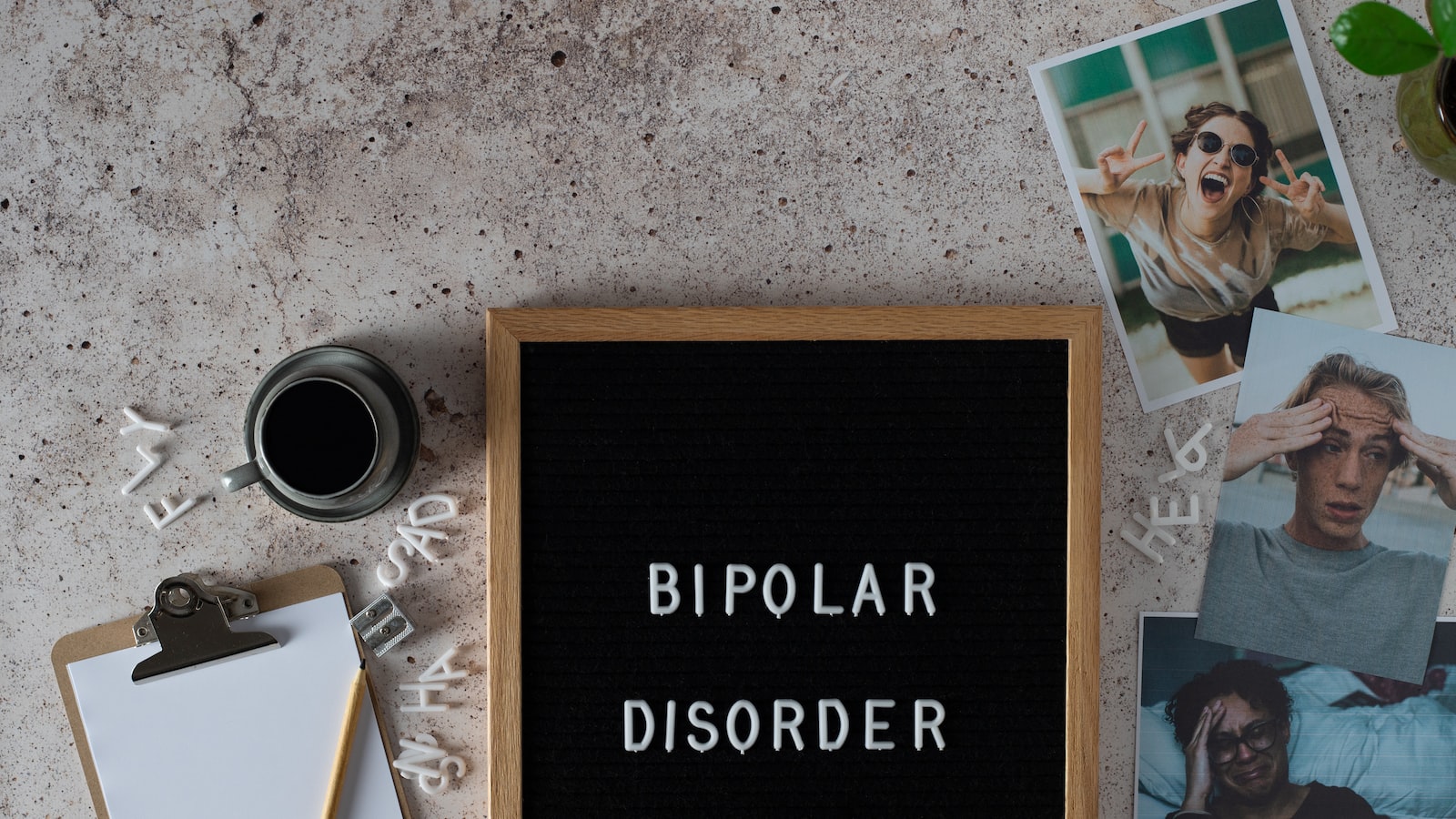What Causes Bipolar Disorder? 5 Things to Know
Bipolar Disorder is a complex mental health issue that impacts many people today and can have a huge impact on their day-to-day lives.
So, what causes bipolar disorder? This article will explore the potential causes of this condition, and hopefully shed some light on why it affects certain individuals, how it can be treated, and how you can learn to manage it.
1. What is Bipolar Disorder?
Bipolar Disorder (also known as Manic-Depressive Disorder) is a mental illness that causes extreme shifts in mood, energy level, and the ability to interact with others. It affects a person’s ability to function in their daily life. Bipolar Disorder usually begins to develop in late adolescence or early adulthood.
The symptoms associated with Bipolar Disorder can be divided into three main categories:
- Mania – this includes elevated mood, increased energy, racing thoughts, reckless behavior, and decreased need for sleep.
- Depression – this includes feeling sad, anxious, worthlessness, lack of energy, and/or difficulty sleeping.
- Mixed Episodes – this includes symptoms of both mania and depression mixed together.
It is important to seek medical help if you or someone you know is exhibiting symptoms of Bipolar Disorder. Early diagnosis and treatment can help reduce the risk of complications and improve quality of life.
2. Risk Factors for Bipolar Disorder
Ingredients such as genetics, environment, and lifestyle can increase an individual’s risk of developing bipolar disorder.
Genetics plays a major role in determining the chances of having bipolar disorder. Children and family members of individuals with bipolar disorder are more likely to have the disorder due to heritable factors.
Lifestyle Factors:
- Drug abuse.
- Alcoholism.
- Chronic Stress.
- Different types of psychological trauma.
- Lack of proper physical exercise.
It is important to be aware of the symptoms of bipolar disorder and consult a doctor for proper diagnosis and treatment.
There are ways to reduce the risk of developing bipolar disorder such as having regular physical activity, establishing healthy sleep patterns, eating healthy, and not self-medicate with drugs or alcohol.

3. Biological Causes of Bipolar Disorder
Bipolar Disorder is a mental health condition that can be caused by a range of factors. Biological causes refer to causes that are related to the physical and chemical structure and operations of the brain.
- Genetics – There is strong evidence of genetic factors linked to the disorder, particularly if there’s a family history of bipolar.
- Neurotransmitters – Imbalance in certain neurotransmitters plays a significant role in bipolar disorder. Serotonin, epinephrine, and dopamine are some of the neurotransmitters that often do not function properly in those with bipolar.
- Brain structure – Structural and functional abnormalities in areas of the brain associated with emotion regulation are also linked to bipolar disorder.
The exact nature of these biological factors has yet to be determined, however, research is being conducted to better understand the underlying physiology of bipolar disorder.
It’s important to remember that biological factors alone cannot accurately predict whether someone will get bipolar disorder – other factors such as environmental and lifestyle must also be considered.
4. Environmental Factors of Bipolar Disorder
There is no single environmental factor or cause of bipolar disorder, but research has helped to identify several common environmental factors. Here are 3 of the key environmental factors involved in the development of bipolar disorder
- Stress: Stress is an important environmental factor for bipolar disorder and can lead to manic or depressive episodes. Stress may be caused by a variety of things, such as an illness, the death of a loved one, a divorce, job loss, or even an intense life event.
- Substance Use: Substance abuse is a common risk factor for bipolar disorder. The use of stimulants, such as cocaine or amphetamines, has been linked to the development of mania, while the excessive use of alcohol or other depressants has been linked to the development of depression.
- Brain Chemistry: Brain chemistry is another important environmental factor for bipolar disorder. Abnormal levels of certain neurotransmitters, such as serotonin and norepinephrine, can lead to manic or depressive episodes.
While the causes of bipolar disorder are not completely understood, recognizing potential environmental factors can help doctors diagnose and treat the condition more effectively.

5. How is Bipolar Disorder Treated?
Bipolar disorder is a complex condition that requires a multifaceted approach to treatment. This approach often includes both medicinal and therapeutic interventions. Here are some of the most common treatments for bipolar disorder:
- Medication – antipsychotics, mood stabilizers, and antidepressants are commonly prescribed to reduce the symptoms of bipolar disorder.
- Psychotherapy – psychotherapy can help individuals with bipolar disorder identify and work through the causes of their mood swings, become more resilient to stress, and take steps to prevent manic or depressive episodes.
- Lifestyle changes – lifestyle changes such as proper nutrition, exercising, getting enough sleep, avoiding drugs and alcohol, and avoiding situations and people that may trigger mood swings can help manage bipolar disorder.
In addition to these treatments, many individuals find complementary therapies such as yoga, meditation, acupuncture, and other relaxation techniques to be beneficial to managing their bipolar disorder.
Everyone responds differently to treatment, and the most appropriate treatment plan will depend on the individual’s symptoms and lifestyle.
Conclusion
In conclusion, there is still much work to be done to fully understand the complex causes of bipolar disorder.
However, recent research has given us greater insight into the lifestyle, biological, and psychological factors that appear to play a role in the development of bipolar disorder.
It is important to remember that everybody is different, and the causes of bipolar disorder can vary significantly from person to person.
Seeking the help of a mental health professional can be an important first step in finding the right treatment plan for you.
Also read: Panic Attack: Deal With It With These Helpful Tips!
